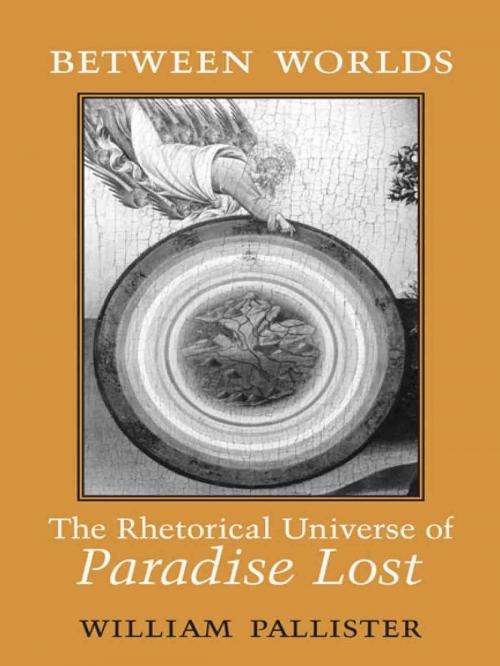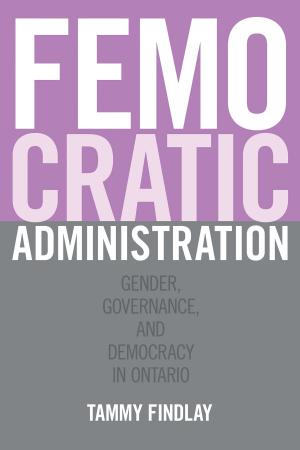Between Worlds
The Rhetorical Universe of Paradise Lost
Fiction & Literature, Literary Theory & Criticism, British| Author: | William Pallister | ISBN: | 9781442692862 |
| Publisher: | University of Toronto Press, Scholarly Publishing Division | Publication: | May 24, 2013 |
| Imprint: | Language: | English |
| Author: | William Pallister |
| ISBN: | 9781442692862 |
| Publisher: | University of Toronto Press, Scholarly Publishing Division |
| Publication: | May 24, 2013 |
| Imprint: | |
| Language: | English |
John Milton's Paradise Lost has long been celebrated for its epic subject matter and the poet's rhetorical fireworks. In Between Worlds, William Pallister analyses the rhetorical methods that Milton uses throughout the poem and examines the effects of the three distinct rhetorical registers observed in each of the poem's major settings: Heaven, Hell, and Paradise.
Providing insights into Milton's relationship with the history of rhetoric as well as rhetorical conventions and traditions, this rigorous study shows how rhetorical forms are used to highlight and enhance some of the poem's most important themes including free will, contingency and probability. Pallister also provides an authoritative discussion of how the omniscience of God in Paradise Lost affects Milton's verse, and considers how God's speech applies to the concept of the perfect rhetorician.
An erudite and detailed study of both Paradise Lost and the history of rhetoric, Between Worlds is essential reading that will help to unravel many of the complexities of Milton's enduring masterpiece.
John Milton's Paradise Lost has long been celebrated for its epic subject matter and the poet's rhetorical fireworks. In Between Worlds, William Pallister analyses the rhetorical methods that Milton uses throughout the poem and examines the effects of the three distinct rhetorical registers observed in each of the poem's major settings: Heaven, Hell, and Paradise.
Providing insights into Milton's relationship with the history of rhetoric as well as rhetorical conventions and traditions, this rigorous study shows how rhetorical forms are used to highlight and enhance some of the poem's most important themes including free will, contingency and probability. Pallister also provides an authoritative discussion of how the omniscience of God in Paradise Lost affects Milton's verse, and considers how God's speech applies to the concept of the perfect rhetorician.
An erudite and detailed study of both Paradise Lost and the history of rhetoric, Between Worlds is essential reading that will help to unravel many of the complexities of Milton's enduring masterpiece.















